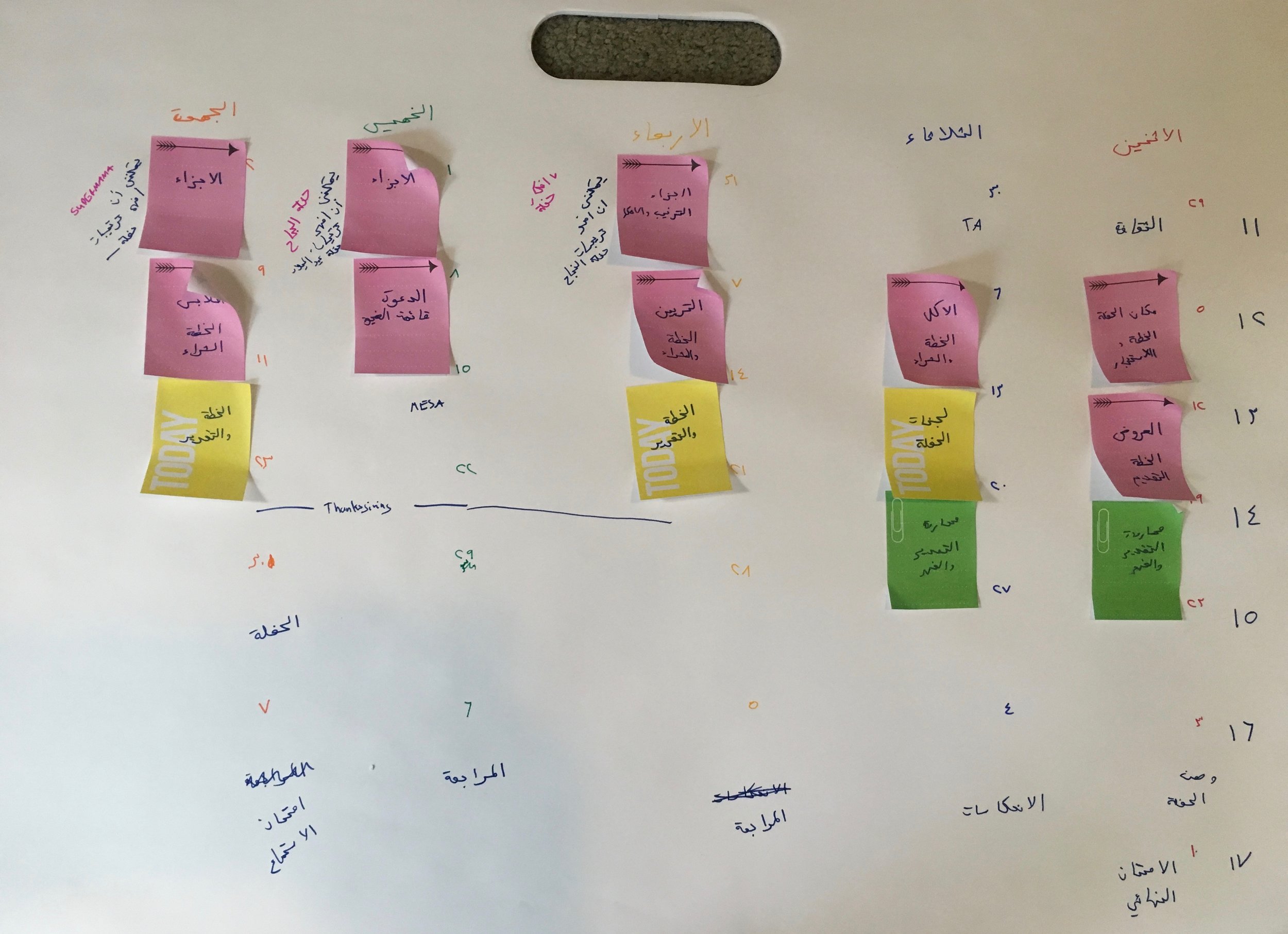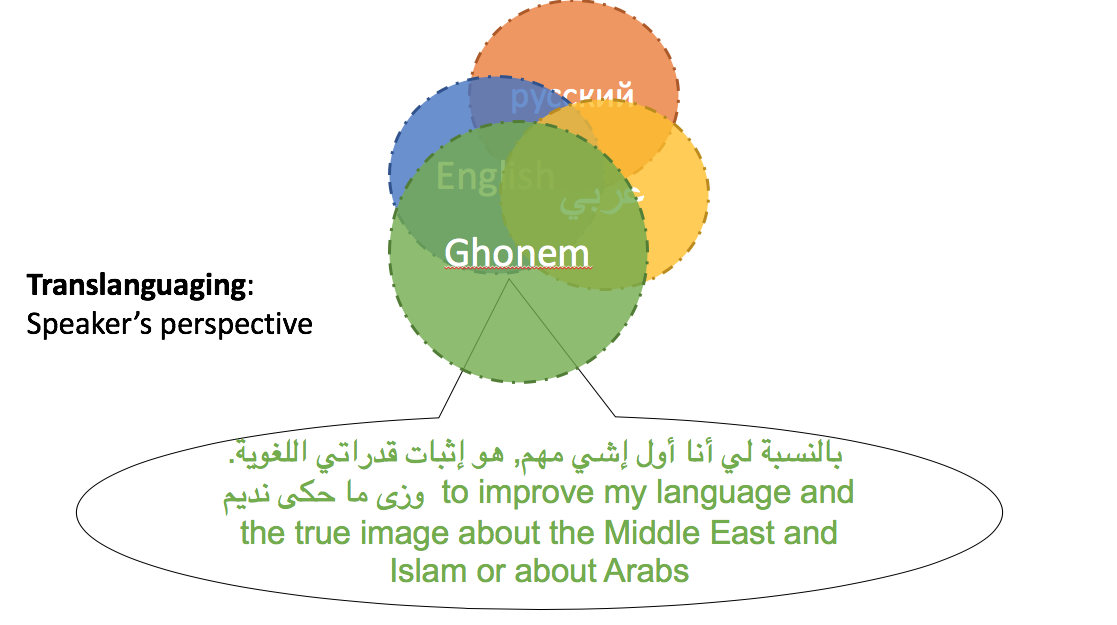Tag: translanguaging
-

Curriculum Development Part 8: Week 6 Recap, and Final Thoughts
In my last post, I described Weeks 3, 4, and 5. In this post, I’m back with a recap of Week 6 and some final thoughts on the project. I’ve also placed links to all of the curriculum development posts leading up to this unit at the end of this post if you want to…
-

Curriculum Development Part 4: Unit Plan and Week 1 of Party Planning
As I mentioned in my previous curriculum development posts, this year in our Intermediate Arabic classroom we are moving away from the textbook and designing our own units informed by genre-based approaches to language learning. We are concluding our unit on housing, and starting our unit on planning an end of the year party. This…
-

Curriculum Development Part 3: Introducing Intentional Translanguaging Pedagogy
In my last post, I talked about why it is so important to be aware of language ideologies in the language classroom. One major reason is the class in expectations that can occur between students, teachers, and textbooks when there are ideological mismatches, as there is no ideology free classroom (despite what we sometimes pretend…
-

Why awareness of language ideologies is important
“Ideology” can be a dismissive turn people use to critique or undermine certain ideas or practices by contrasting this “ideology” with facts, or science, or reality. On the one hand, the dismissers are right—these are “just ideologies.” On the other hand, it’s also not the case that there is a reality free of ideologies. Ideologies…
-

Learning from African examples of translanguaging as a pedagogical and social practice
Translanguaging as a concept and translanguaging as a pedagogical practice are hot topics in the field of Applied Linguistics these days (or at least the circles I’m in). As I’ve written earlier on this blog, I find translanguaging pedagogy a compelling approach for language classrooms, including Teaching English Speakers Other Languages (my version of TESOL…
-

Ideologies of Language and the Beginning Language Class: Part 2
Last week, I discussed several popular methods of organizing beginning language classes under the overarching critique of focusing on either decontextualized sets of language or prioritizing transactions over social relationships. This week, I’m focusing on what I am interested in implementing in my classroom, drawing from both functional theories of language and translanguaging pedagogy. Language…
-

Translanguaging Pedagogy: Recognizing social practices in the classroom
In my last post, I discussed some practices where I think translanguaging pedagogy simply gives us a new mindset on practices that already occur in the language classroom (or at least in my classroom). In this post, I want to focus on an area of the language classroom where I think we could be more…
-

Translanguaging Pedagogy in the Language Classroom: A New Mindset?
As is most likely clear from previous posts on nation-state ideologies of language and the multilingual turn, I find the latter a more appealing ideology for my language classroom, especially when combined with functional approaches to linguistics, that emphasize what learners do with language in actual contexts. Yet, as usual, the challenge for combining theory…